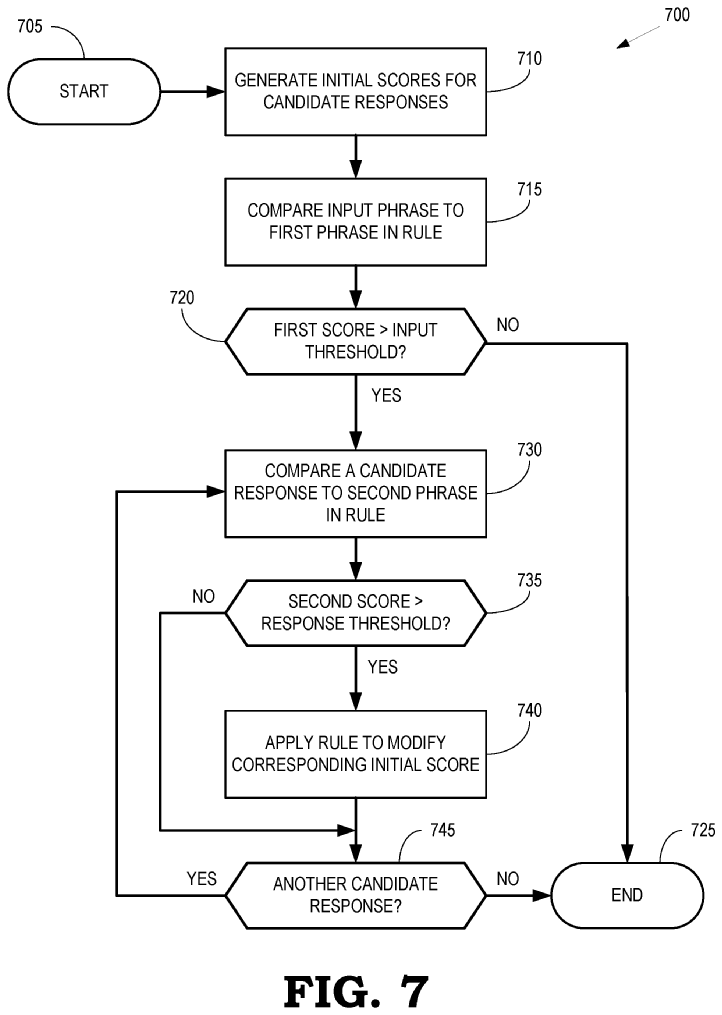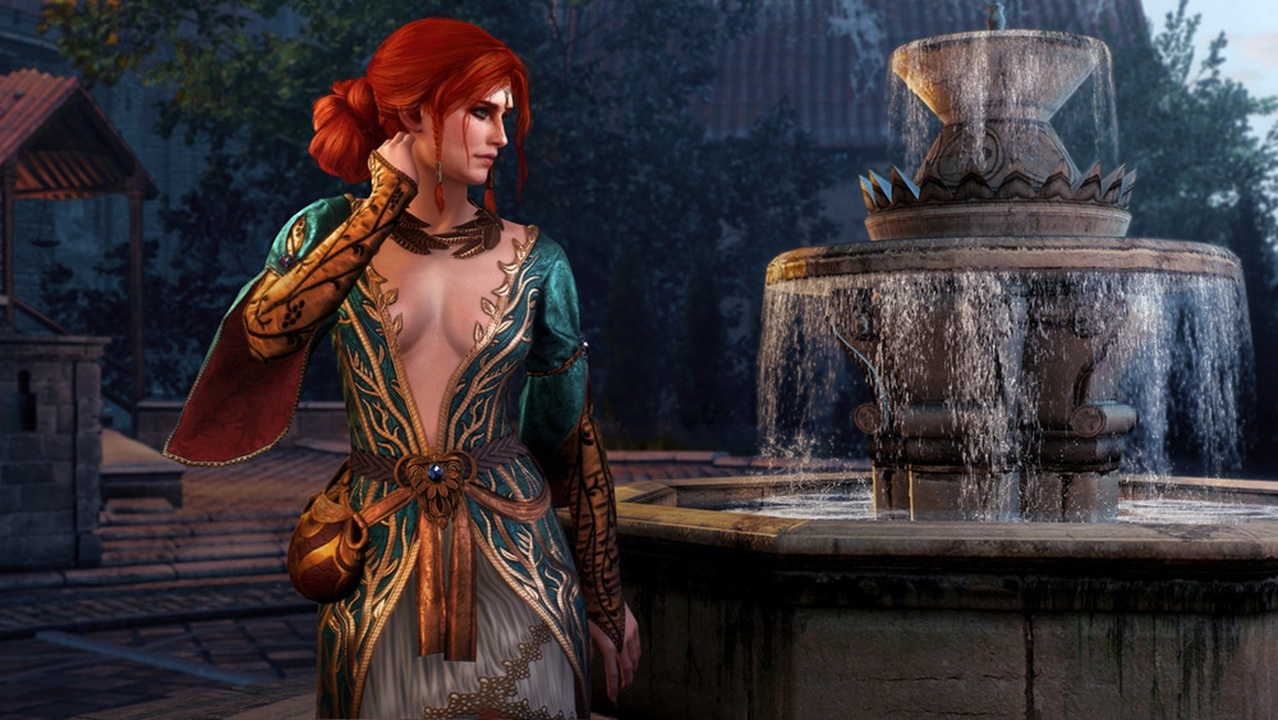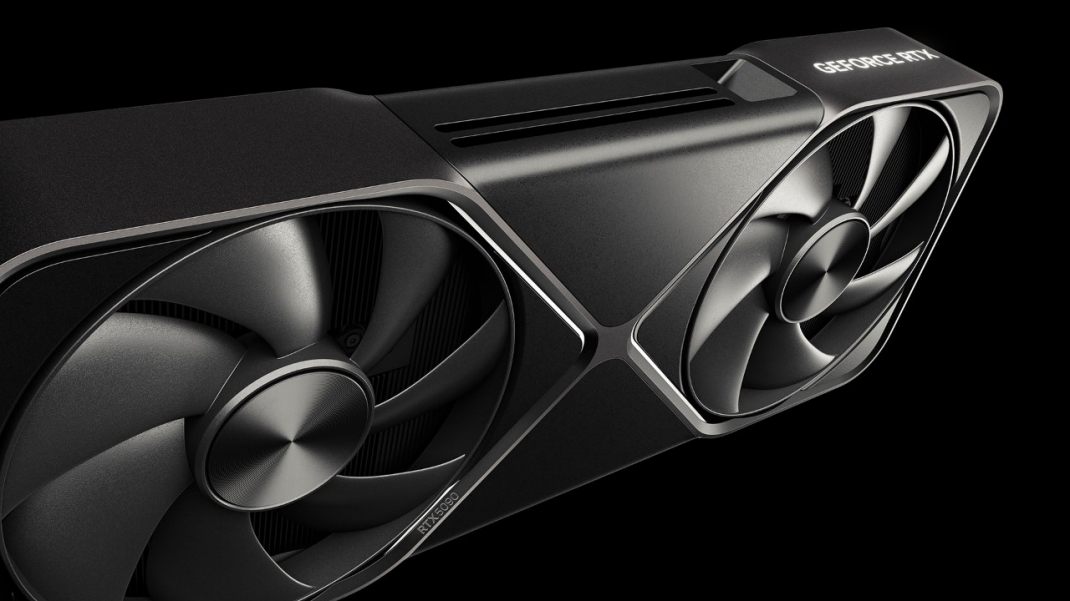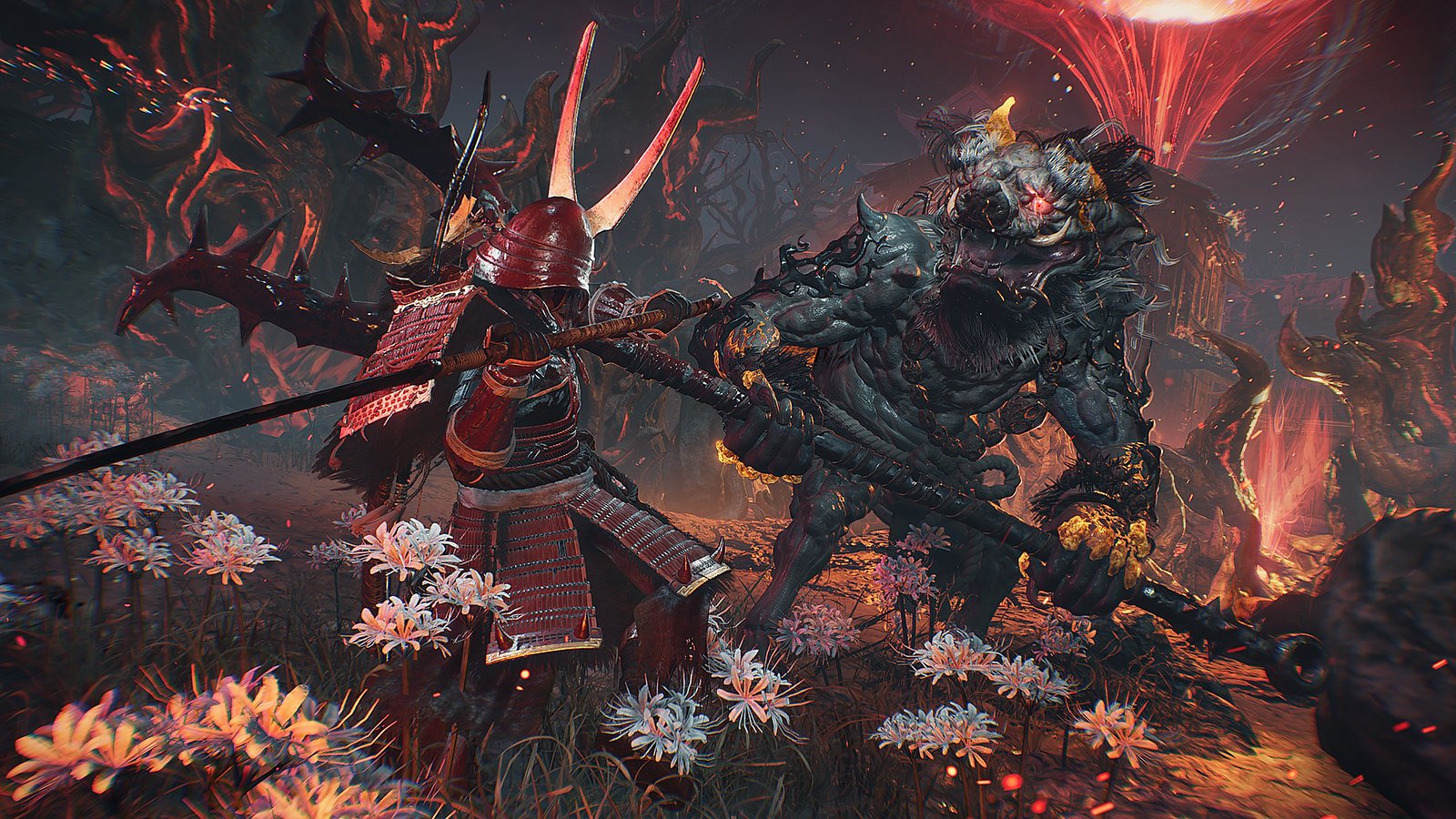NPCs or non-playable characters are an important part of every game. These characters help bring a sense of realism to each world while also providing assistance or challenges to players. However, NPCs are not known for being the smartest, and Google has identified this issue.
A patent from the tech giant aims to enhance NPC behavior through AI, allowing these integral characters to react to scenarios that are not programmed from the beginning.
Why it matters: Such technology could effectively revolutionize NPC behavior in games, mimicking life-like situations when players interact with these characters.
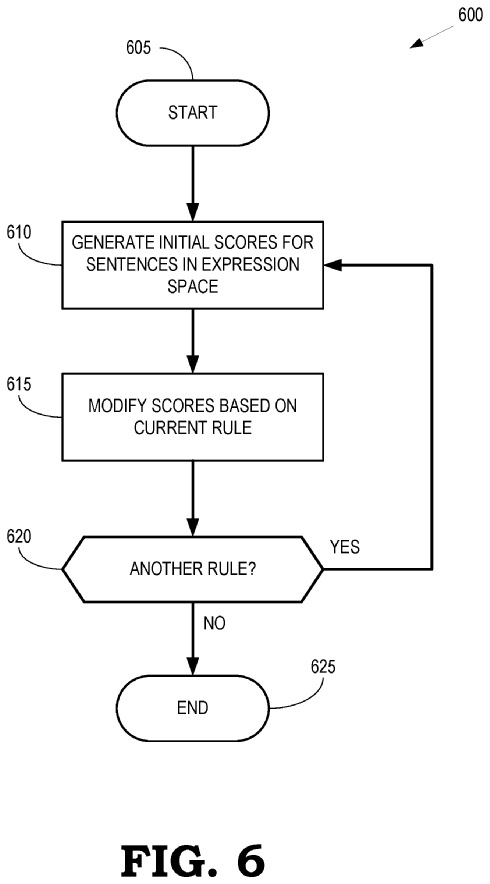
According to the patent, developers are currently responsible for individually programming NPC responses based on expected player behavior.
This means that when a player breaks away from these expected actions or tries to experiment with the NPCs, the results can be quite jarring, with the characters left wondering what to do.
To combat this problem, Google aims to use Semantic Machine Learning and Natural Language Action Grammar. This system works through an expression space where natural language phrases are mapped to available actions.
Natural language phrases can also be replaced by tokens, leading to a scenario where a task can be broken down to its most basic level. The patent uses an example of picking an object, which can be associated with a token like ‘[VerbGeneral].’
These tokens can be used to generalize various objects, characters, and locations. Using the machine learning model, these tokens can go through various ranked combinations compared to their natural language counterparts, allowing the NPC to come up with the best response.
This system can also be altered by developers, allowing them to assign priority to different responses in the ranking process, which would be useful to portray the NPC’s current mood.
Effectively, this would enable NPCs to have distinct personalities, eliciting varied responses based on their mood.
While still a patent, such a system could provide the next major breakthrough for NPC AI. These characters often feel lost and out of place, so a revolution like this is desperately needed for modern games.
As with any patent, this technology is unlikely to be realized within the next few years. However, it provides an exciting baseline, providing insight into the ideas being considered for the future of the gaming industry as it continues to rely on AI and its benefits.
Thank you! Please share your positive feedback. 🔋
How could we improve this post? Please Help us. 😔
[Senior News Reporter]
Avinash is currently pursuing a Business degree in Australia. For more than 5 years, he has been working as a gaming journalist, utilizing his writing skills and love for gaming to report on the latest updates in the industry. Avinash loves to play action games like Devil May Cry and has also been mentioned on highly regarded websites, such as IGN, GamesRadar, GameRant, Dualshockers, CBR, and Gamespot.


